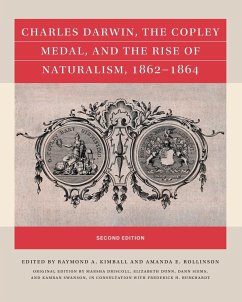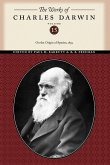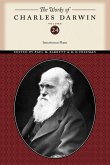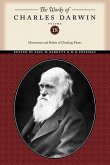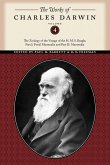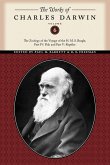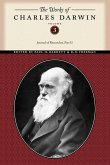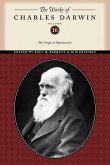The 1859 publication of Charles Darwin's On the Origin of Species evoked a spectrum of responses, from fervent endorsement to vehement opposition, because of the theory of natural selection's implications for Western theological and cultural orthodoxy. During the 1860 Oxford gathering of the British Association for the Advancement of Science, Thomas Huxley and Samuel Wilberforce engaged in a riveting and widely publicized debate, dissecting the merits and drawbacks of Darwin's theory. Their clash ignited a multifaceted discourse that reverberated through the intellectual circles of Victorian Britain, culminating in the Royal Society's deliberations over whether to bestow upon Darwin the esteemed Copley Medal, its highest honor. In this second edition of Charles Darwin, the Copley Medal, and the Rise of Naturalism, 1861-1864, students engage in debates within the Royal Society that navigate the tension between natural and teleological views. The student roles delve into topics like inductive reasoning, science in industrial society, social reform, and women's rights, all centered around the Copley deliberations and the societal impact of Darwin's evolutionary theory.
Hinweis: Dieser Artikel kann nur an eine deutsche Lieferadresse ausgeliefert werden.
Hinweis: Dieser Artikel kann nur an eine deutsche Lieferadresse ausgeliefert werden.

